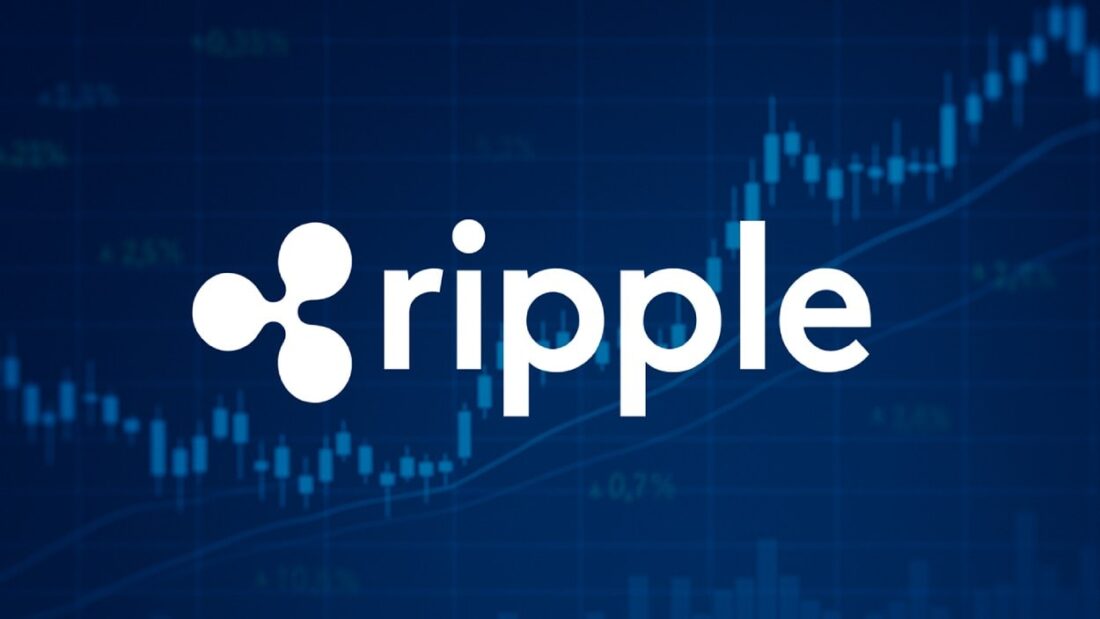Ripple has officially launched its new digital asset prime brokerage platform in the United States, expanding institutional access to crypto trading through over-the-counter (OTC) spot services for assets like XRP and RLUSD.
Key Takeaways
- Ripple Prime now offers U.S.-based institutions access to OTC spot trading for dozens of major cryptocurrencies.
- The move follows Ripple’s $1.25 billion acquisition of Hidden Road, finalized in October 2025.
- Ripple has merged licenses and infrastructure under Ripple Prime to deliver a full-suite brokerage platform.
- This launch marks a major step in Ripple’s ongoing expansion into institutional crypto services including custody, payments, and trading.
What Happened?
Ripple has launched Ripple Prime in the U.S. market, a digital asset spot prime brokerage platform aimed at institutional clients. The new offering enables OTC spot trading for major cryptocurrencies, including XRP and RLUSD, and allows cross-margining across digital assets, derivatives, swaps, and traditional financial instruments like FX and fixed income.
Ripple Prime breaks ground in the US today with the launch of digital asset spot prime brokerage capabilities – allowing clients to execute OTC spot transactions across the most prominent digital assets and stablecoins, including $XRP and $RLUSD. https://t.co/zTYb4MrPX4
— Ripple (@Ripple) November 3, 2025
This expansion builds directly on Ripple’s acquisition of Hidden Road, which was completed in October 2025. Ripple has combined its regulatory licenses with Hidden Road’s infrastructure to create a unified brokerage service under the Ripple Prime brand.
Ripple’s Strategic Expansion Into Prime Brokerage
Ripple Prime marks the company’s most comprehensive institutional trading platform to date. Designed for U.S.-based institutional clients, it provides access to:
- OTC spot execution for digital assets like XRP and RLUSD.
- Swaps and cleared derivatives.
- Foreign exchange (FX) and fixed income products.
- Cross-margining across various asset classes including CME futures and options.
Michael Higgins, International CEO of Ripple Prime, said in the official announcement:
Ripple has not just stopped at trading. It now operates three major services in the U.S. under its institutional umbrella:
- Ripple Prime for trading.
- Ripple Payments for blockchain-based cross-border payments.
- Ripple Custody for secure digital asset storage.
This integrated infrastructure aims to streamline liquidity, execution, and settlement processes for large-scale participants.
Acquisition of Hidden Road Fuels Growth
Ripple’s $1.25 billion acquisition of Hidden Road has been a key enabler of its U.S. expansion. With this move, Ripple absorbed prime brokerage capabilities and regulatory licenses that are critical to operating in a highly regulated environment.
By incorporating Hidden Road’s technology stack and licenses, Ripple Prime can now function as a full-service institutional brokerage that bridges traditional finance with digital assets.
The deal is just one part of Ripple’s aggressive growth strategy in 2025, which also includes:
- A $1 billion acquisition of GTreasury, giving Ripple access to corporate treasury clients.
- Leading a $1 billion fundraising round to bolster XRP reserves and support onchain liquidity.
- Active political involvement, including donations to pro-crypto political funds aligned with the Trump administration.
Ripple CEO Brad Garlinghouse has been optimistic about the U.S. regulatory shift, citing recent progress such as a passed stablecoin bill and movement on broader crypto market structure legislation.
CoinLaw’s Takeaway
I think Ripple is making a bold and smart move by launching a prime brokerage service right when the U.S. regulatory climate is warming up. From my experience tracking Ripple, this company knows how to capitalize on market timing. By acquiring Hidden Road and integrating its tech and licenses, Ripple has skipped several steps that would’ve taken years to build internally.
What stands out most is how Ripple is blending traditional financial products with crypto under one roof. That’s huge for institutions that want exposure to digital assets without dealing with multiple fragmented platforms. If Ripple can maintain compliance and continue offering deep liquidity, this could be a game-changer for institutional crypto adoption in the U.S.


































































